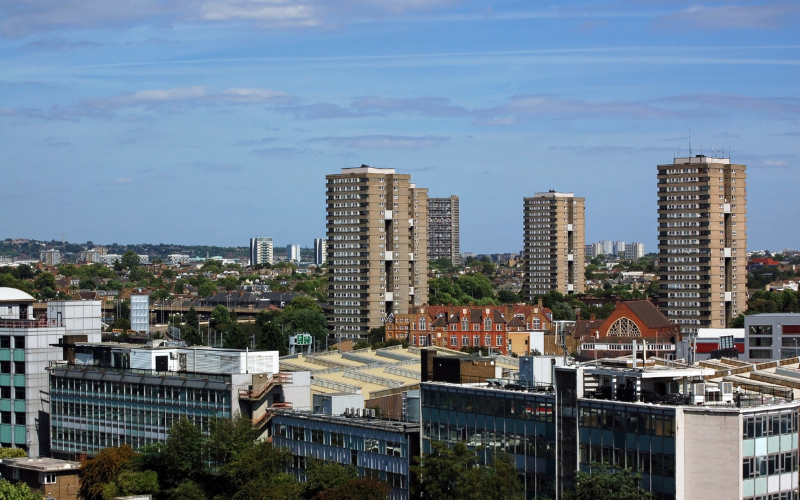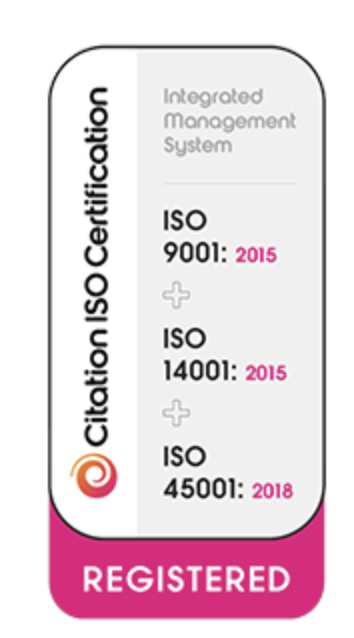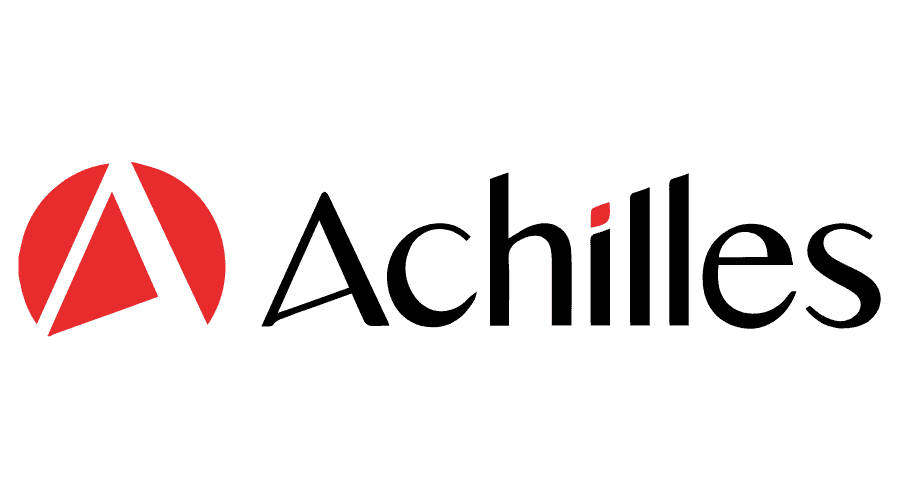
The switch to solar panelled street lighting will reduce the development’s energy bill by up to £6000 a year.
The installation was at first trialled by BASSE in November 2021 after the site’s street lighting began to fail. Needing to identify a solution, the development also saw an opportunity to curb rising costs before bills increase this autumn.
Prior to the introduction of the government’s Energy Bill Scheme, OFGEM’s increased energy price cap would have seen utility bills climb by £10,000 for small businesses. And though the package will offer immediate support, businesses are still seeking methods to cut back on their bills in the long run.
Wanting to make savings where possible, BASSE sought an efficient solution for their client’s lighting hitch.
Head Of Operations, Chris Bourne, said:
“Due to the forthcoming economic crisis, we’re being approached more frequently by clients who want to cut down on their utility costs.”
“With new technologies constantly emerging, renewable measures have become an increasingly popular solution for building and facilities management concerns.”
Identified as the cheapest ‘electronic’ technology in history by the International Energy Agency, BASSE determined that solar power would be the optimum route.
Chris added, “Despite initial scepticism, LED street lights are a cost saving measure that BASSE has recently trialled. A new technology, they last all night and deliver excellent results in terms of unmatched savings.”
In November last year, the firm installed a trial solar powered LED head onto one of the twelve failing posts on the housing estate. When the solution had proven to work, BASSE were called back in at the end of summer to switch the remaining heads.
To conserve the smaller amount of energy that solar panels produce in winter, BASSE installed an innovative LED bulb that only expels 100% power when motion is detected. When undetected, the bulb decreases in intensity by 90%.
Though the switch to solar energy did initially cost £15,000, it will remove the North London housing estate’s entire monthly utility charge of £450 – £500 for lighting on local parking courts and side roads.
And with a five year warranty, BASSE’s client is set to make their investment back within three years.
BASSE’s Director Of Operations, Joseph Allen, hopes that more businesses will realise the benefit of an initial investment for longtime savings. He said:
“Technology is changing fast. In just a short couple of years we have seen solar power become a viable solution to communal lighting and power despite the UK weather.”
“It may be a costly investment at first, but in the long term it’ll prepare sites for protection against the ever increasing costs of utilities.”






















